R&I on Bio Based in EU projects: ‘We Could Be More Proactive’
Bio4Energy’s new coordinator for member organisation Bio-based Industries’ Consortium (BIC), Carlos Martín of Umeå University, is in Brussels, Belgium to network with industry members with a view to lay the foundations for an EU project.
February 8 BIC members met to network with companies, consultants and academics. The aim is jointly to apply for funds from the Circular Bio-based Joint Undertaking (CBE JU), which is a partnership between BIC and the European Union.
“On the Bio4Energy platforms we have expertise and knowledge of value for forming strong EU projects”, Martín said.
“We are interested in the topic Biotech routes to obtain bio-based chemicals or materials to replace animal-derived ones”.
“We are interested in the topic Biotech routes to obtain bio-based chemicals or materials to replace animal-derived ones”, he added.
As Martín points out, there is a lot at stake. The CBE JU partnership itself is worth €2 billion, according to its website.
It corresponds to the part of the Horizon Europe research and innovation (R&I) programme that is concerned with “advancing competitive circular bio-based industries”.
More specifically, it aims to accelerate the development of bio-based innovative solutions and their market deployment, while ensuring a high level of environmental performance of bio-based industrial systems.
“We could be more proactive toward partnerships and programs under Horizon 2020, including the [Joint Undertaking]”, Martin said;
“We have strong research that competes well with that of groups leading successful project proposals”.
Carlos Martín Medina is a long-standing member of the research environment Bio4Energy and its research platform Biopolymers and Biochemical Conversion. He has been part of developing state-of-the-art pre-treatment methods that allows for easier breakdown of woody biomass for conversion to liquid biofuels, together with current programme manager Leif Jönsson of Umeå University. Having come to lean toward bio-based materials, Martín spearheaded a large collaboration project with Bolivia to make use of the abundant residue from the country’s production of quinoa, a staple food. In 2019, he took up a professorship at the Inland University of Applied Sciences in Norway, but continues to do research for Bio4Energy and Umeå University on investigating spent mushroom substrate as an input material for making products.
Contact
For more information
Circular Bio-based Europe Joint Undertaking
Bio4Energy Biopolymers and Biochemical Conversion
Related news
‘Getting Prepared to Have Right Material Base’: Chemistry in Biorefinery in New Report – Bio4Energy
Bio4Energy Researchers Meet to Usher in New Developments on Energy, Material Production – Bio4Energy
Quinoa Project Classifies New Building Block for Biorefinery – Bio4Energy

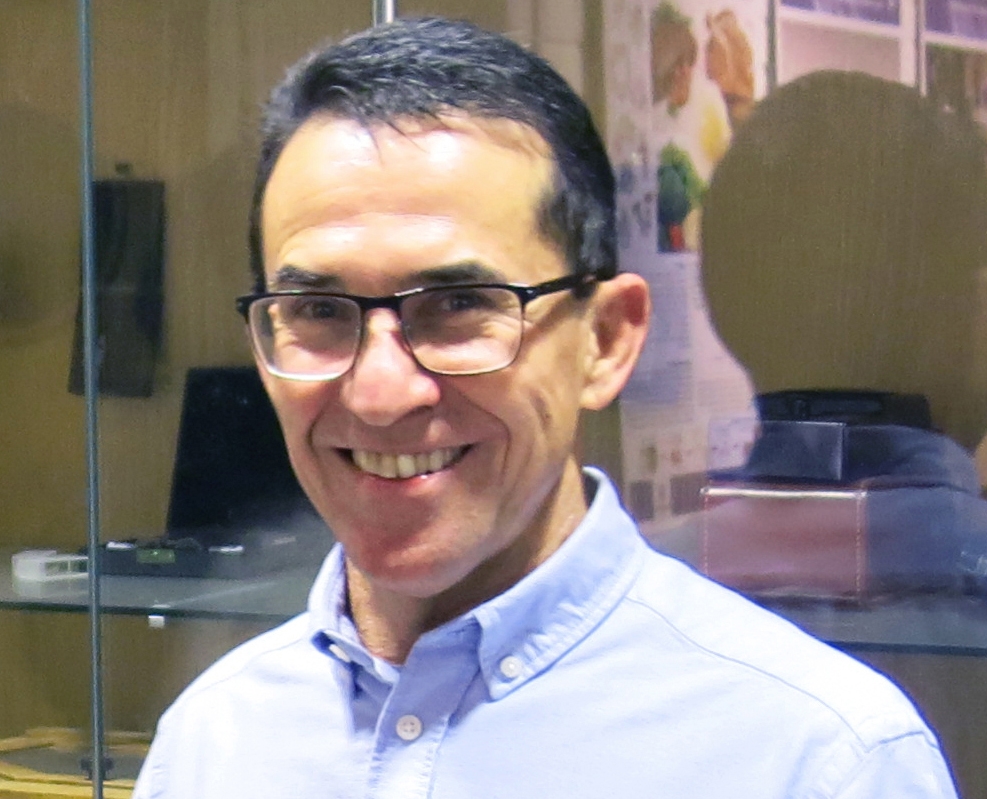 ©AnnaStrom
©AnnaStrom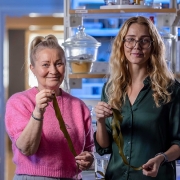 LTU
LTU ©AnnaStrom
©AnnaStrom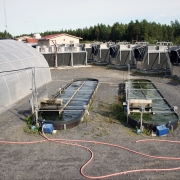
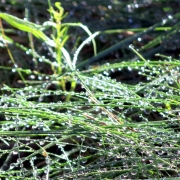 ©AnnaStrom
©AnnaStrom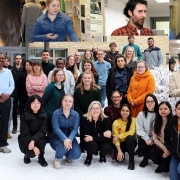 ©AnnaStrom
©AnnaStrom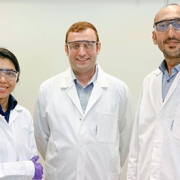 Bio4Energy©2022
Bio4Energy©2022
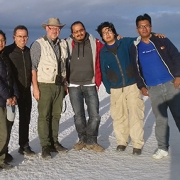 Bio4Energy ©2022
Bio4Energy ©2022




 Bio4Energy
Bio4Energy ©AnnaStrom
©AnnaStrom